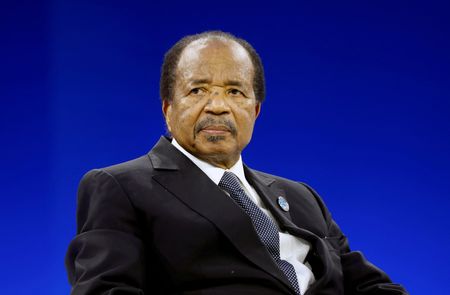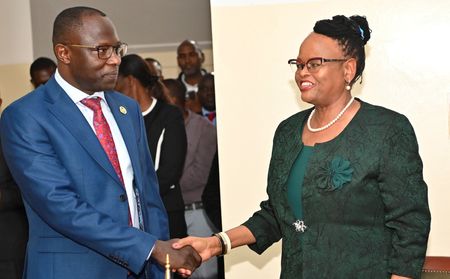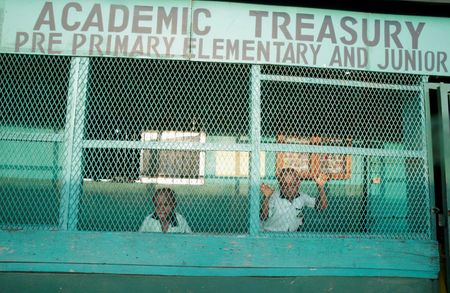THE HAGUE – The International Criminal Court’s chief prosecutor told judges on Wednesday that the suspect in the first trial examining war crimes in Sudan’s Darfur region two decades ago was a feared militia leader who enthusiastically ordered atrocities including murder, rape and pillaging.
Ali Muhammad Ali Abd-Al-Rahman, who is charged with overseeing thousands of pro-government Janjaweed fighters during the peak of fighting from 2003-2004, has pleaded not guilty and his defence has argued that he is not the militia leader also known by the nom de guerre Ali Kushayb.
In his closing statement, prosecutor Karim Khan said that during the two-year trial, prosecution witnesses had given “detailed accounts of mass murder, torture, rape, targeting of civilians, burning and pillaging of entire villages” and that the prosecution had proven its case beyond reasonable doubt.
The closing arguments mark the end of the ICC’s first and only trial looking at crimes in Sudan since the case was referred to the court by the United Nations’ Security Council in 2005.
There are still outstanding arrest warrants against Sudanese officials, including one accusing former president Omar al-Bashir of genocide charges.
Darfur’s conflict first erupted when mostly non-Arab rebels took up arms against Sudan’s government, accusing it of marginalising the remote western territory.
Sudan’s then government mobilised mostly Arab militias, known as the Janjaweed, to crush the revolt, unleashing a wave of violence that the U.S. and human rights groups said amounted to genocide.
Since the start of the ICC trial, conflict has erupted again in Darfur and the current 20-month conflict between the army and the paramilitary Rapid Support Forces (RSF) has turned increasingly bloody as ceasefire efforts have stalled.
In June this year the ICC prosecutor announced that he is also urgently investigating allegations of war crimes and crimes against humanity currently being committed in Darfur.
(Reporting by Stephanie van den Berg; Editing by Ros Russell)








